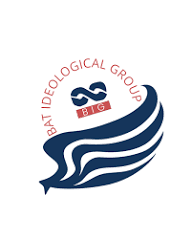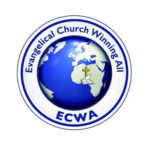IPAC Kicks over Lack of Transparency by LASIEC Preparatory to LG Polls

The Inter-Party Advisory Council (IPAC) in Lagos State has voiced strong disapproval of the Lagos State Independent Electoral Commission (LASIEC) regarding the rollout of guidelines for the upcoming 2025 Local Government elections.
IPAC, representing all 19 registered political parties in the state, alleges lack of transparency and insufficient engagement with stakeholders.
LASIEC announced Friday that elections will be held on July 12th across the state’s 20 Local Government Areas and 37 Local Council Development Areas (LCDAs).
However, IPAC, in a statement released Saturday by Chairperson Mrs. Temilade Akinade and Public Relations Officer George Ashiru, contends that LASIEC bypassed established communication channels in publicizing the electoral framework.
A key concern raised by IPAC is the recent enactment of a revised LASIEC law granting the agency authority to oversee executive elections in all 57 LG/LCDAs.
The law, approved January 9th and signed January 10th, was reportedly unveiled without prior notification to political parties, with copies remaining unavailable for distribution.
IPAC argues that such significant legislative changes should be publicly accessible.
The council also highlighted unresolved questions surrounding the interpretation of recent Supreme Court rulings regarding Local Government autonomy and their effect on the status of the LCDAs established by the state government.
IPAC further criticized the new LASIEC board, headed by Justice Mobolanle Okikiola-Ighinle (retd.), for limited engagement since its inception.
They reported only one meeting initiated by IPAC itself has occurred since January, lacking proactive efforts from LASIEC to foster collaboration.
The council urged LASIEC to adopt a more inclusive approach, drawing parallels with the Independent National Electoral Commission (INEC) in Lagos State, which demonstrates consistent engagement, communication, and openness.
IPAC believes a more collaborative process is crucial for a fair and credible election, lamenting the pattern of late guideline releases and infrequent interaction with political parties as a significant setback.









